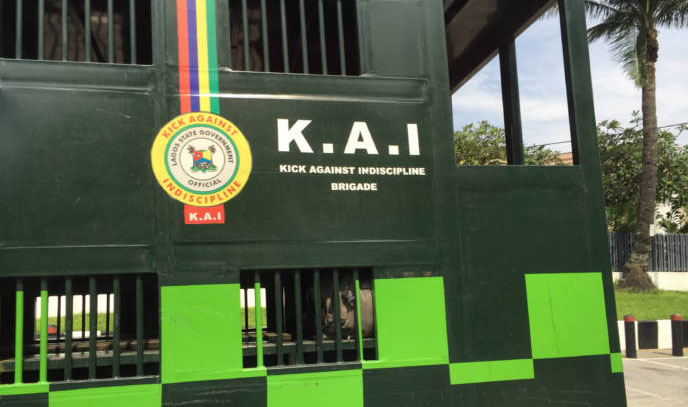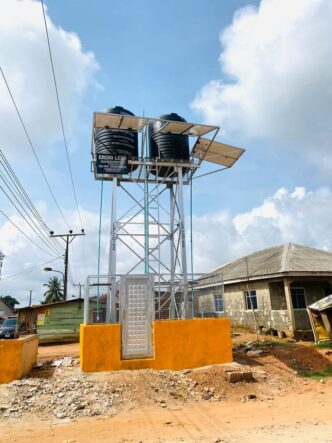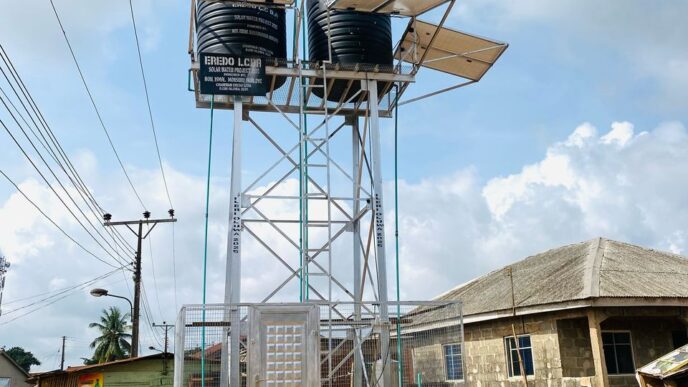The Lagos State Government has introduced stringent penalties for individuals caught illegally dumping refuse or littering public spaces, including fines of up to ₦250,000 or imprisonment for up to three months.
EpeInsights reports that the Commissioner for Environment and Water Resources, Mr. Tokunbo Wahab, made the announcement during a media briefing on Tuesday.
Wahab emphasized that the state will no longer tolerate violations of environmental laws and warned that repeat offenders would face even harsher punishments.
“Serial offenders will face stiffer penalties,” he cautioned.
According to a statement from the Ministry’s Director of Public Affairs, Mr. Kunle Adeshina, the government is intensifying its crackdown on environmental indiscipline, with zero tolerance for violators.
“We will continue to ramp up enforcement and public sensitization,” Wahab declared.
The commissioner reiterated that the ban on cart pushers remains in effect, identifying them as major contributors to indiscriminate waste dumping. He urged residents to avoid patronizing unregistered waste handlers and only engage registered Private Sector Participants (PSPs).
He also addressed concerns over construction-related violations, particularly developers who block roads and drains with building materials. Wahab warned that such sites would be sealed, and owners prosecuted.
“Dumping building materials on drains or roads is a serious offence, and we intend to clamp down on it firmly,” he said.
To date, over 3,000 offenders have been prosecuted, but Wahab insisted that enforcement efforts are just beginning.
Enforcement teams from the Lagos Waste Management Authority (LAWMA), Kick Against Indiscipline (KAI), and other allied agencies are now operating continuously to ensure offenders are arrested, prosecuted, named and shamed.
A particular concern is the misuse of pedestrian bridges, where illegal squatting, open defecation, and petty crime discourage residents from using the structures safely.
“These activities deter pedestrians from using the bridges, putting lives at risk,” Wahab noted.













